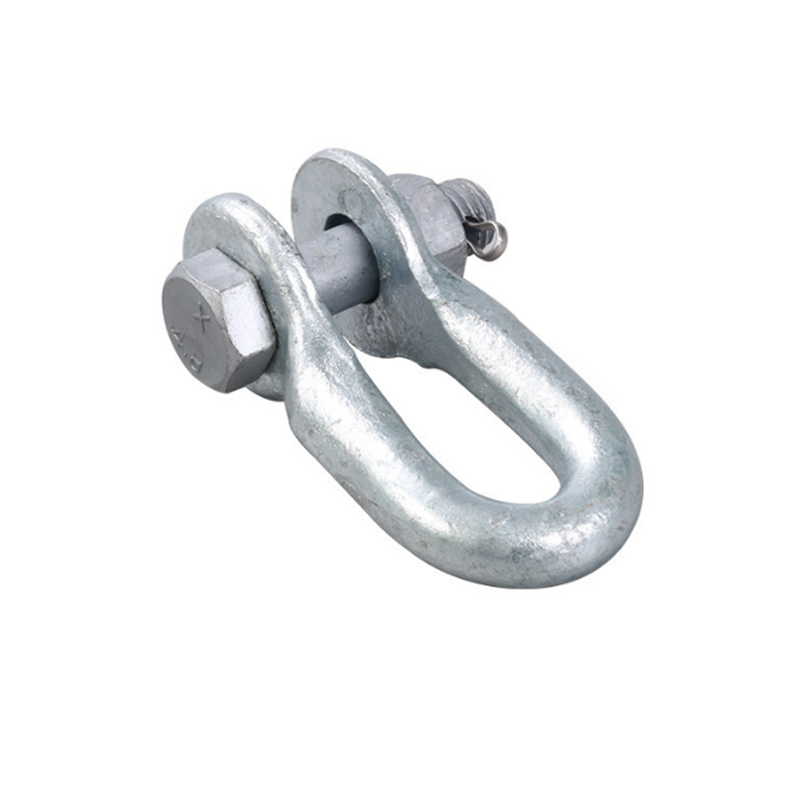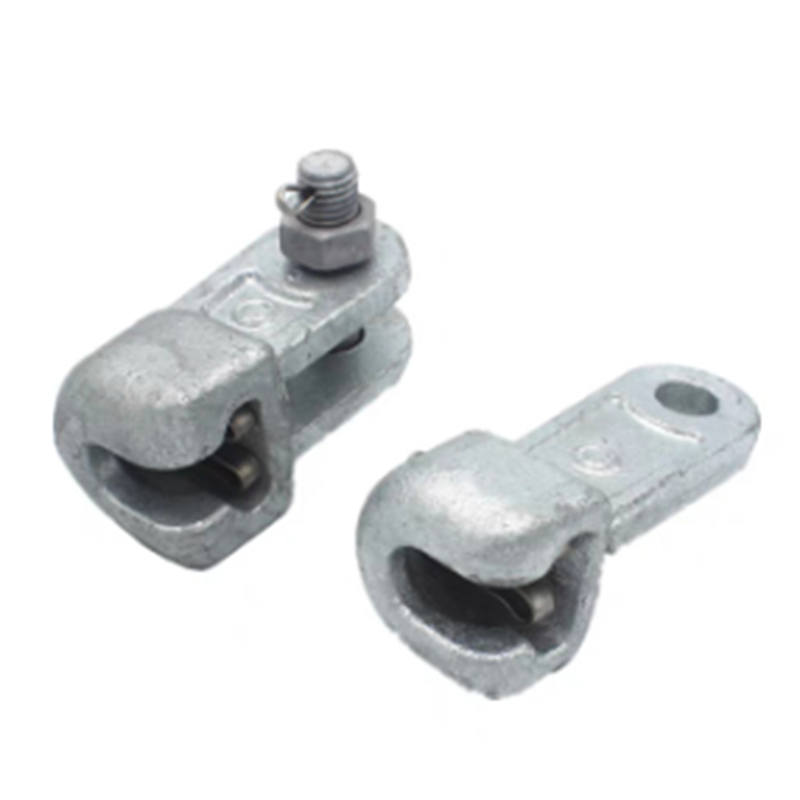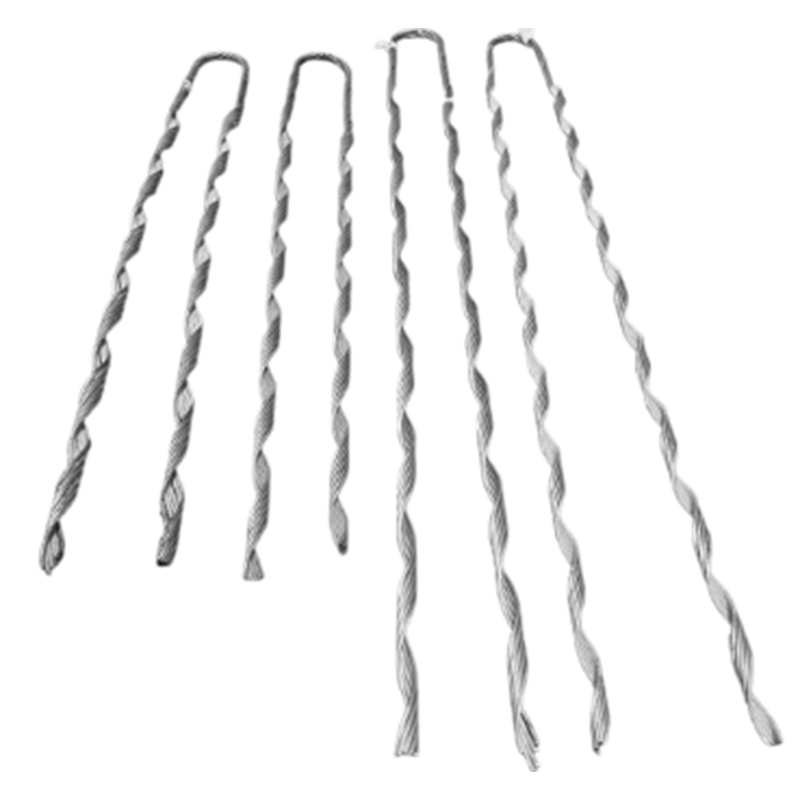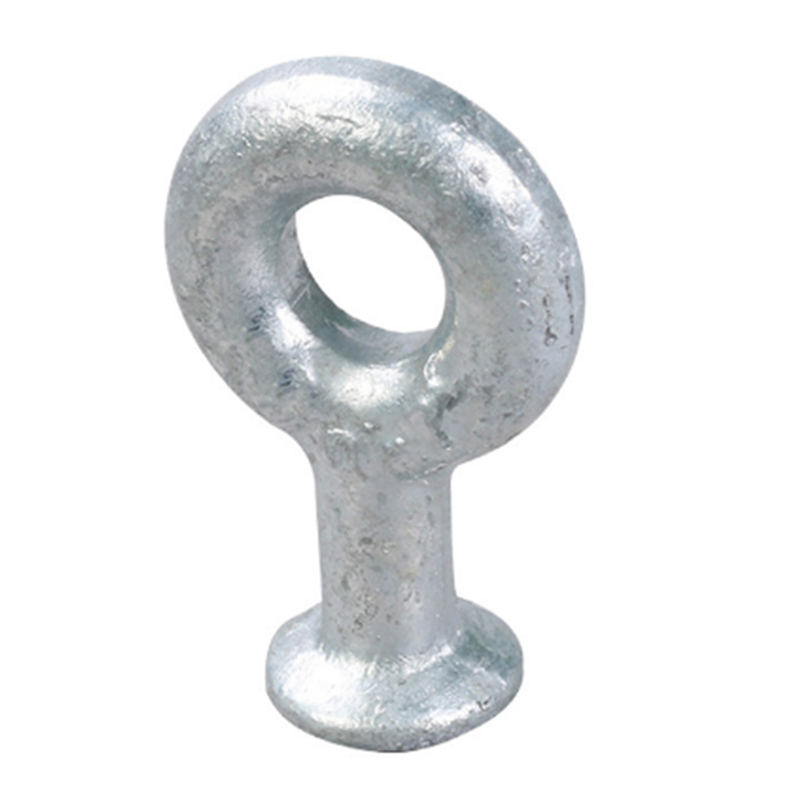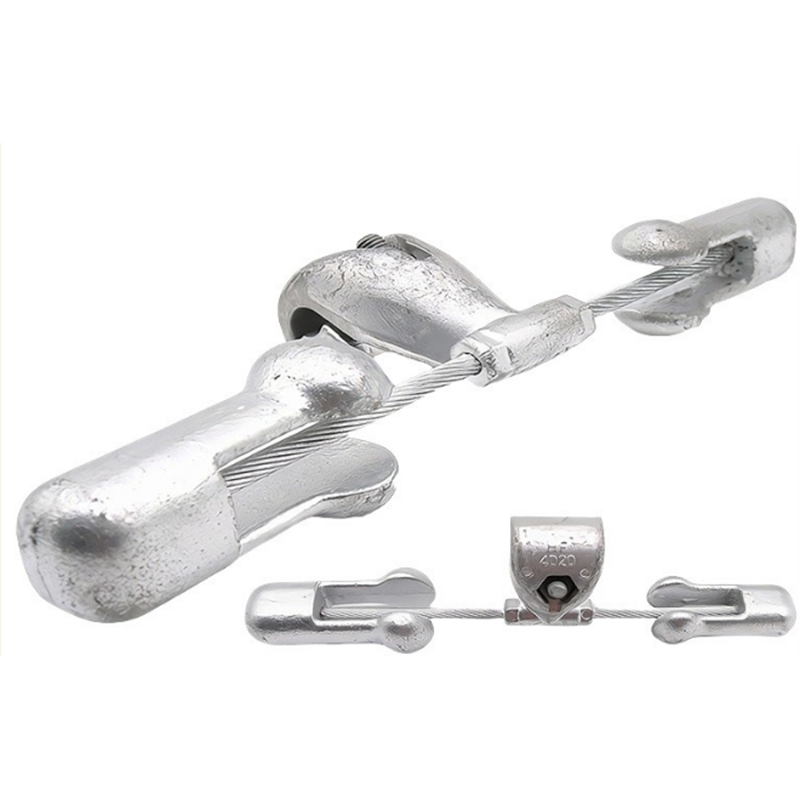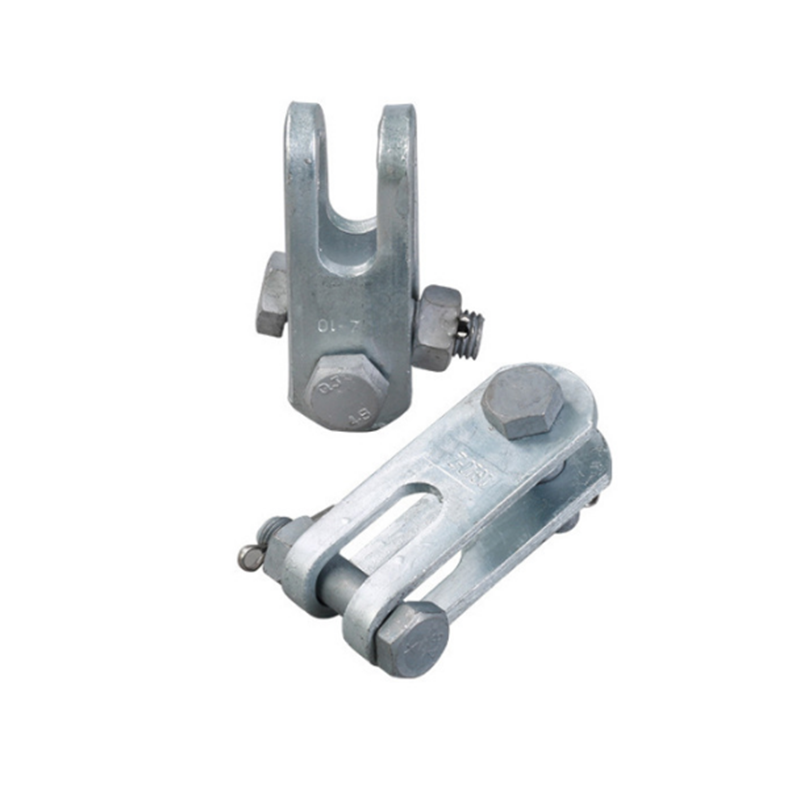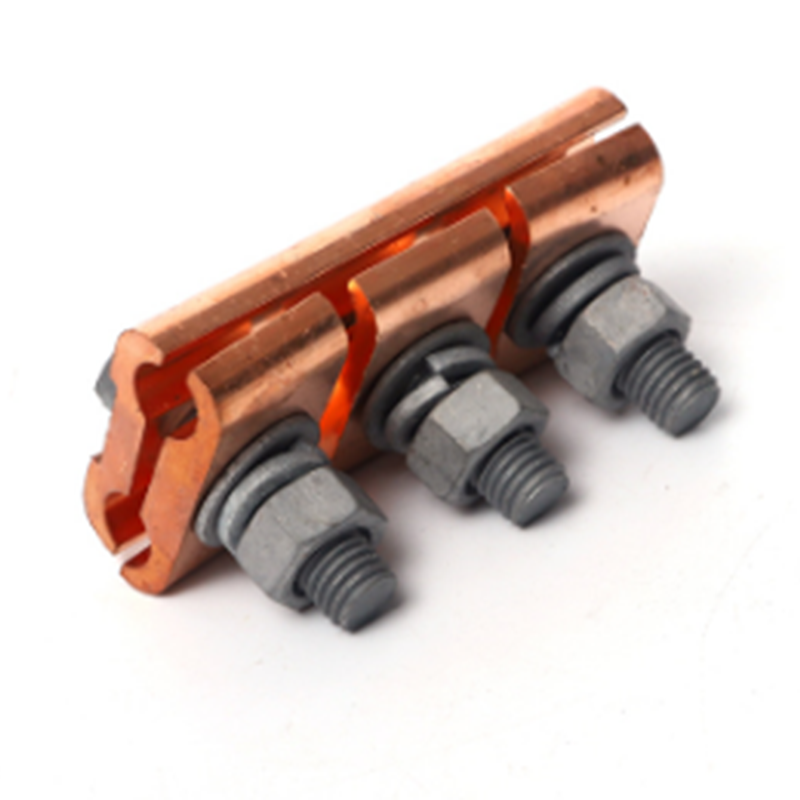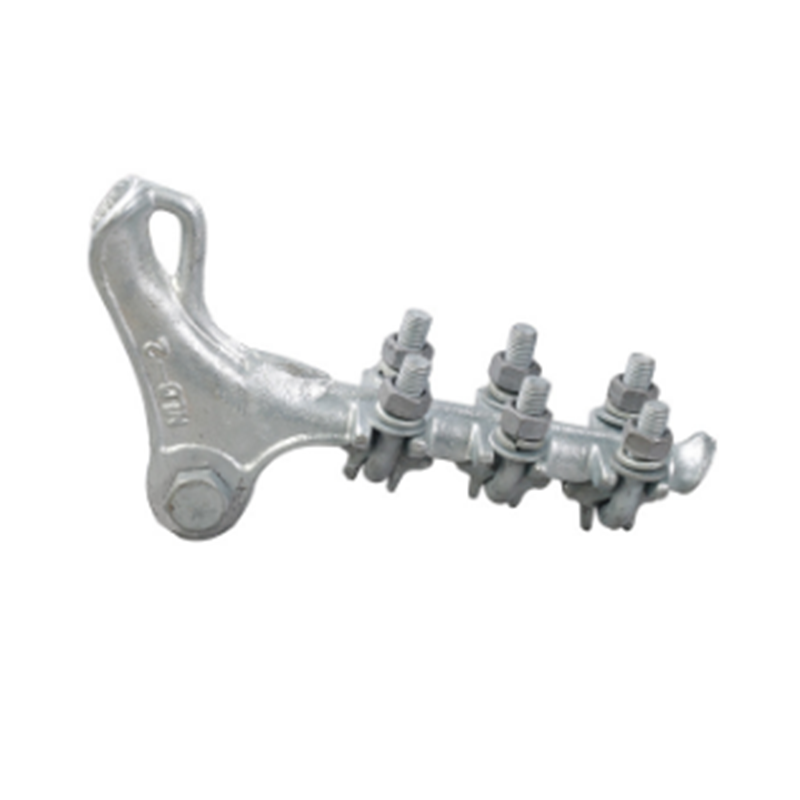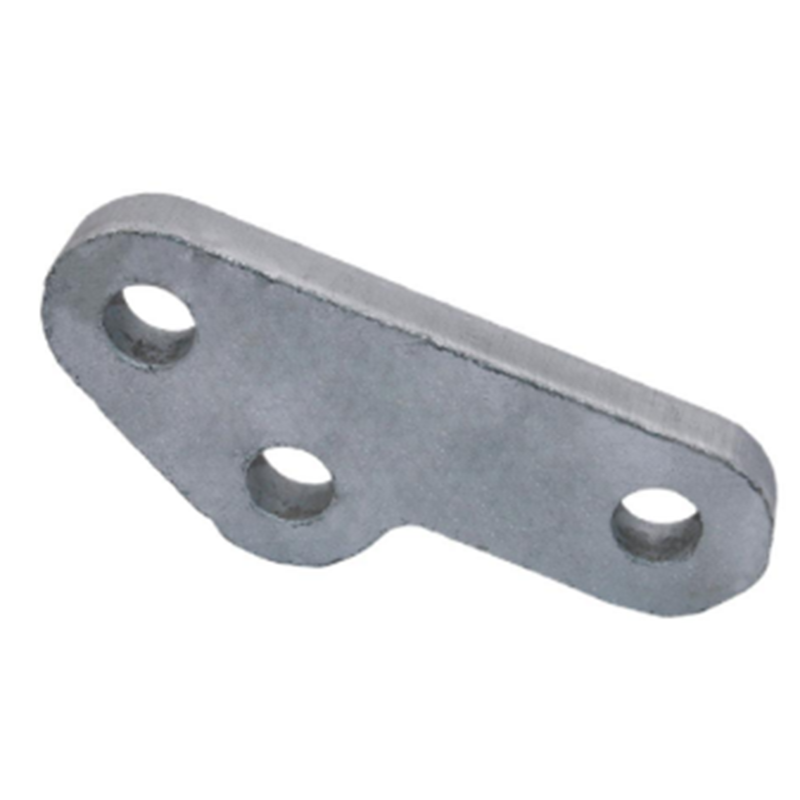- Chinese
- French
- German
- Portuguese
- Spanish
- Russian
- Japanese
- Korean
- Arabic
- Irish
- Greek
- Turkish
- Italian
- Danish
- Romanian
- Indonesian
- Czech
- Afrikaans
- Swedish
- Polish
- Basque
- Catalan
- Esperanto
- Hindi
- Lao
- Albanian
- Amharic
- Armenian
- Azerbaijani
- Belarusian
- Bengali
- Bosnian
- Bulgarian
- Cebuano
- Chichewa
- Corsican
- Croatian
- Dutch
- Estonian
- Filipino
- Finnish
- Frisian
- Galician
- Georgian
- Gujarati
- Haitian
- Hausa
- Hawaiian
- Hebrew
- Hmong
- Hungarian
- Icelandic
- Igbo
- Javanese
- Kannada
- Kazakh
- Khmer
- Kurdish
- Kyrgyz
- Latin
- Latvian
- Lithuanian
- Luxembou..
- Macedonian
- Malagasy
- Malay
- Malayalam
- Maltese
- Maori
- Marathi
- Mongolian
- Burmese
- Nepali
- Norwegian
- Pashto
- Persian
- Punjabi
- Serbian
- Sesotho
- Sinhala
- Slovak
- Slovenian
- Somali
- Samoan
- Scots Gaelic
- Shona
- Sindhi
- Sundanese
- Swahili
- Tajik
- Tamil
- Telugu
- Thai
- Ukrainian
- Urdu
- Uzbek
- Vietnamese
- Welsh
- Xhosa
- Yiddish
- Yoruba
- Zulu
- Kinyarwanda
- Tatar
- Oriya
- Turkmen
- Uyghur

Bolts with washers and nuts
Understanding Bolts with Washers and Nuts: Key Insights from the Field
When it comes to securing materials, understanding the role of bolts with washers and nuts is crucial. Let's explore the intricacies of these fasteners and uncover common pitfalls, practical uses, and insightful lessons from the field.
The Basics of Bolts, Washers, and Nuts
At the core of any mechanical assembly lies the bolt, a simple yet essential component. They're combined with washers and nuts to ensure a strong and reliable connection. Many novices think of them as straightforward, but nuances can make or break a project.
An often-overlooked element is the washer. It serves multiple purposes: distributing the load, preventing damage to the surface, and reducing the chance of loosening. Forgetting one can lead to significant issues, especially in high-vibration environments.
Handan Shengfeng Hardware Fastener Factory, located strategically in Hebei, is a beacon for quality in fastener manufacturing. Their extensive offerings include spring washers, flat washers, nuts, and expansion bolts. For more, visit their website at Shengfeng Hardware Fastener Factory.
Choosing the Right Combination
Every application demands specific fastener characteristics. Selecting the wrong bolt with washers and nuts can result in failures—sometimes catastrophic. Experience in the field teaches you to consider factors such as material, size, and environmental conditions.
For instance, stainless steel bolts are an excellent choice for outdoor use due to their corrosion resistance. However, if weight is a concern, perhaps consider aluminum. It's this type of nuanced decision that can define project success or failure.
A story comes to mind from when we were securing metal sheets for a construction project. Initially, galvanized bolts were used. Within a few months, signs of corrosion appeared. A switch to stainless steel made all the difference.
Common Mistakes and How to Avoid Them
In practice, certain errors crop up repeatedly. One is over-tightening nuts, which can strip threads or even break bolts. It’s tempting to believe tighter is better, yet often, it's about finding the right torque.
Another frequent oversight involves the order of assembly. It sounds trivial, but ensuring washers are correctly positioned can dramatically affect performance. A misplaced washer might seem minor but can result in uneven pressure distribution.
I recall a colleague who impatiently skipped the washer step on a rush job—the job failed inspection. The lesson? Details matter, and skipping steps can have costly repercussions.
Applications Across Industries
From automotive to aerospace, the role of bolts with washers and nuts is universal. Each sector presents unique challenges, requiring fasteners to meet distinct specifications.
Take aerospace, where the stakes are high. Fasteners in this field must endure extreme conditions. They require meticulous quality checks, often originating from trusted manufacturers like Shengfeng Hardware Fastener Factory.
In the automotive industry, weight becomes a crucial factor. Here, fasteners must balance strength and reduced mass effectively—a delicate dance between performance and economy.
Innovations and Future Trends
The fastener industry isn’t static. Technological advancements are driving change. From smart fasteners equipped with sensors to new material composites, the future looks promising.
One burgeoning trend is the development of self-locking bolts. These eliminate the need for additional washers or nuts, ideal for tight spaces and automation processes in factories.
Looking forward, it’s exciting to consider how these innovations will further integrate into our everyday applications. Manufacturers like Shengfeng remain at the forefront, adapting to these trends while maintaining quality and reliability.
Соответствующая продукция
Соответствующая продукция




